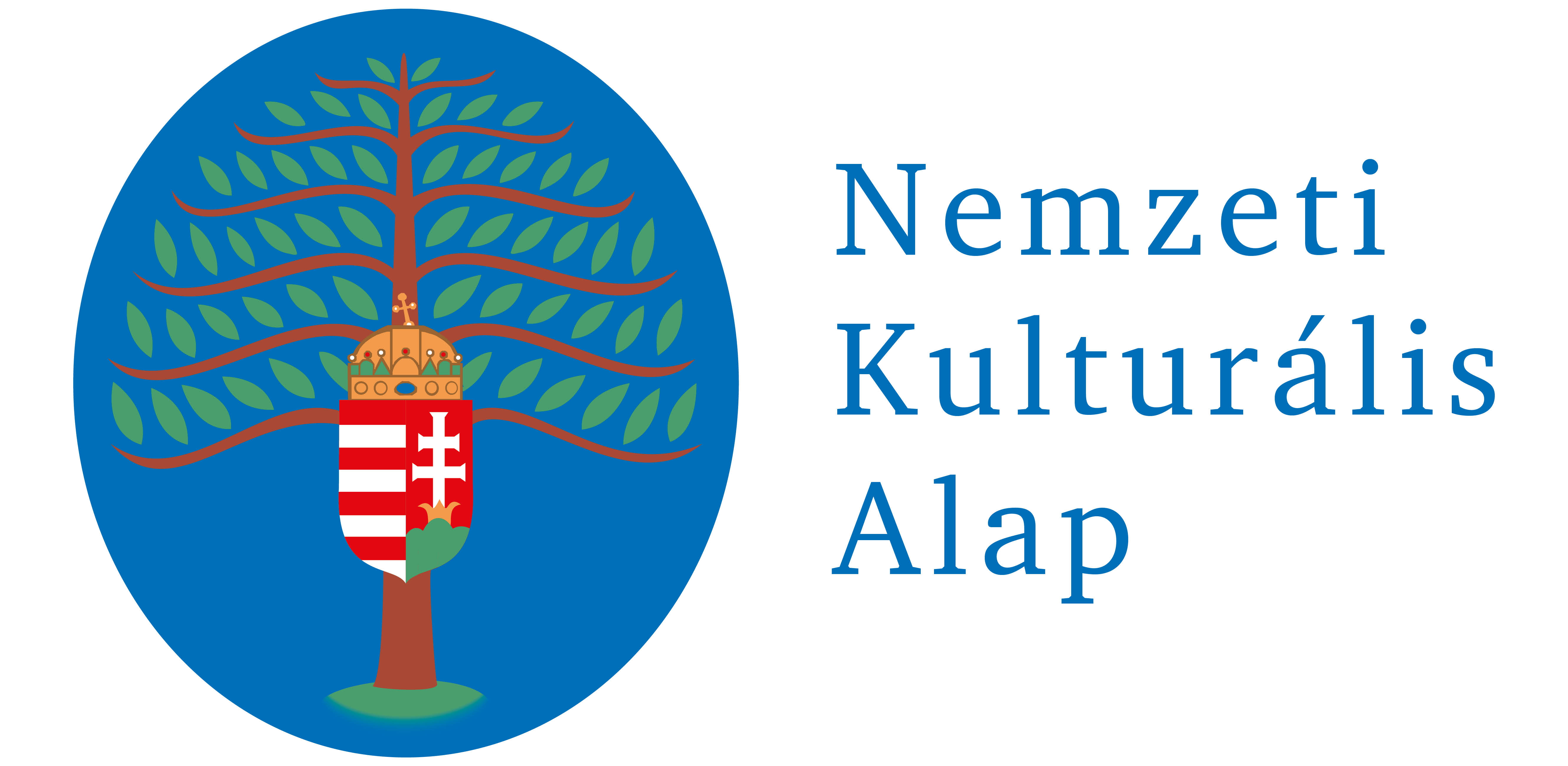Naptár
2024. április 15–19.
2024. április 20.
Eötvös József Kárpát-medencei középiskolai szónokverseny
2024. április 24. – május 3.
Tovább...
1. 2020.
Abstracts in English
Studies
Bóna, Judit – Steklács, János
Error-correction strategies in oral reading: results of acoustic phonetic and eye-tracking research
Experiences of a pilot research with 4th graders
Fluency and the rate of oral reading are the main assessment tools of reading ability. In addition to reading fluency, the types of oral reading errors can also be examined. The correction of these errors might require other strategies than the correction of errors occurring in spontaneous speech. This paper analyses the error correction processes during oral reading by acoustic-phonetic and eye-tracking methods. This latter is novelty both in Hungarian and international literature. Results show that the difficulty of error-correction occurs both in speech and eye-movements. Errors which are more difficult to correct require longer correction time and they go together with more complex eye-movements. Results might contribute to increasing the effectiveness of teaching reading and modernising the development of reading techniques.
Workshop
Németh, Miklós
The attitude towards dialectal speech among teachers
The topic of this study is teachers’ attitude towards students using dialect as their standard language. The recollection of ’Szögedi Szociolingvisztikai Interview’ and the cases collected by the author in 2010 show that some of the Hungarian teachers are not prepared for treating students speaking a dialect. The cases introduced cover the entire education system, from kindergarten to higher education. Besides raising the problem, this study also discusses at what points in teacher training it would be worth speaking about this problem so that the new generations of teachers do not make the same mistakes as their predecessors.
Kovács, Ágota
Nonviolent communication in the classroom
Verbal aggressiveness has a particularly hindering effect on children’s personality development. Since children spend most of their time at school, this institution has the most effect on students’ personality development. Therefore, it is of crucial importance how teachers communicate, solve conflicts with students and thus what example teachers set for students of an emotionally intelligent way of speech. It is essential that children with a family background where this example is not set at home would learn about this new way of communication at school. This idea is supported by the training that introduces the basics of nonviolent communication with the help of experience-based learning to a group of adolescents. Trying the presented exercises might contribute to creating a community that is able to cooperate and successfully manage conflicts.














